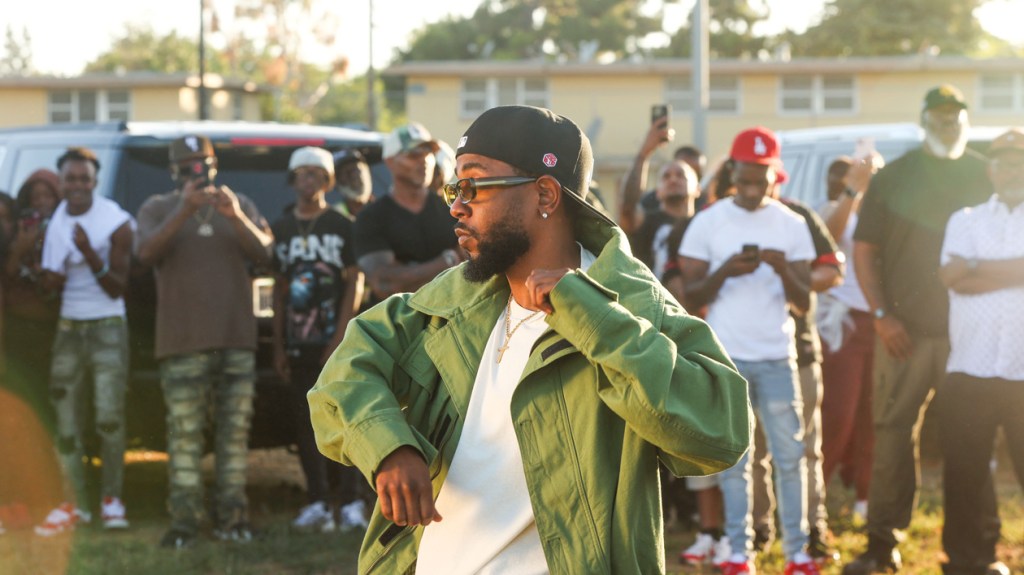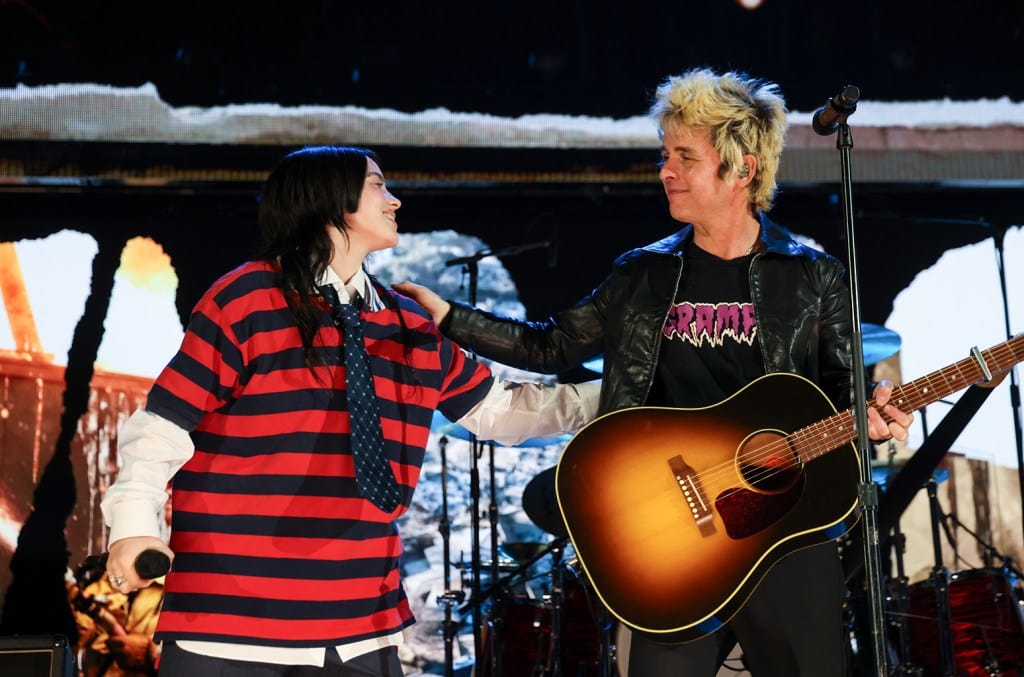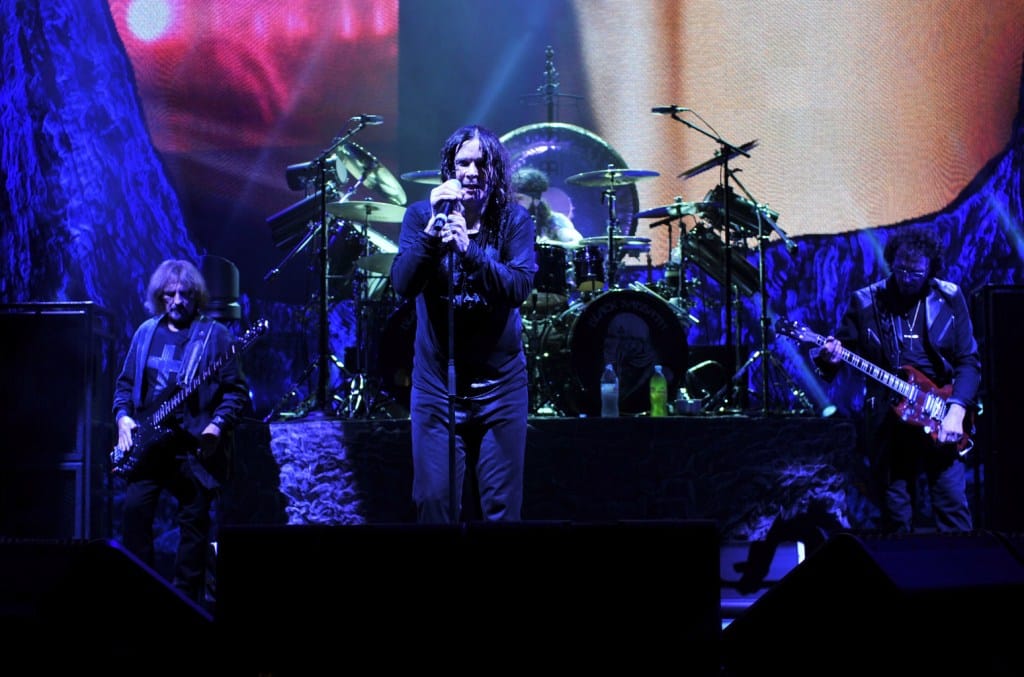Kendrick at the Super Bowl, Spotify Royalties Lawsuit, Diddy Case and More Top Music Law News
Written by djfrosty on February 5, 2025

This is The Legal Beat, a weekly newsletter about music law from Billboard Pro, offering you a one-stop cheat sheet of big new cases, important rulings and all the fun stuff in between.
This week: Experts weigh whether Kendrick Lamar can play “Not Like Us” during his Super Bowl halftime show amid Drake’s defamation lawsuit; Spotify wins a ruling dismissing a lawsuit over streaming royalties; federal prosecutors file a superseding indictment against Sean “Diddy” Combs; and much more.
THE BIG STORY: Can Kendrick Play ‘Not Like Us’ At The Super Bowl?
Under normal circumstances, it’s silly to even ask the question. Obviously a Super Bowl halftime performer will play their chart-topping banger — a track that just swept record and song of the year at the Grammys and was arguably music’s most significant song of the past year.
Trending on Billboard
But these are very much not normal circumstances. Last month, Drake sued Universal Music Group over Kendrick Lamar‘s “Not Like Us,” claiming the label spread the song’s “malicious narrative” — namely, that Drake is a pedophile — despite knowing it was false.
That pending legal action makes it fair to wonder: When Lamar steps onto the world’s biggest stage on Sunday night, will he face pressure to avoid the whole mess by just skipping “Not Like Us” entirely?
To answer that question, I turned to top legal experts – who told me that Drake probably won’t win in court, but that corporate legal departments are also famously risk averse and might want to avoid trouble. For the full breakdown of how Sunday might go, read my entire story here.
Other top stories this week…
SPOTIFY BEATS ‘BUNDLE’ CASE – A federal judge dismissed a lawsuit filed against Spotify by the Mechanical Licensing Collective, rejecting the group’s allegations that the streamer illegally slashed its music royalty rates. The lawsuit, filed last year, accused Spotify of bookmaking trickery – namely, claiming that the addition of audiobooks to the platform entitled the company to pay a lower “bundled” rate for music. But in her ruling, the judge said Spotify had done nothing wrong under “unambiguous” regulations – and that if anything, the company had paid too much in royalties.
A.I. COPYRIGHT REPORT – The U.S. Copyright Office issued a long-awaited report on artificial intelligence. The report’s overall message was hardly groundbreaking: only human authors are eligible for copyrights, but material created with the assistance of AI can qualify on a case-by-case basis. But it included key assurances for existing music industry practices — saying using AI as a “brainstorming tool” to help write a song, or using it to assist in a recording studio session, would not automatically void copyright protection for the resulting songs.
TERMINATION GOES GLOBAL? A Louisiana federal judge issued an unusual legal decision on copyright termination, breaking with existing precedents and handing a major win to songwriters and their heirs. Ruling on a dispute over the 1963 rock classic “Double Shot (Of My Baby’s Love),” the judge said that termination rules apply not just to American copyrights but also to the rights to a song around the world – an outcome that legal experts have said would represent a “major upheaval” and could “radically revolutionize the way the music business runs.” The losing party in the case, who has warned the decision will cause “chaos,” is almost certain to appeal the ruling.
LYFT DISCRIMINATION CASE – A Detroit rapper named Dank Demoss (Dajua Blanding) filed a discrimination lawsuit against Lyft over allegations that one of the company’s drivers told her she was “too big” for the backseat of his car and that “his tires were not capable of supporting plaintiff’s weight.” In a viral video of the January incident, the driver can be heard telling Blanding that he’s “been in this situation before,” and that she needs to order a pricier “Uber XL” to accommodate her size.
UPDATED DIDDY INDICTMENT – New York federal prosecutors filed a superseding indictment against Sean “Diddy” Combs, adding additional victims and new allegations in the sprawling criminal case against him. Among the new claims: that he or his associates paid a $100,000 bribe to hotel staff to bury the now-infamous surveillance video of him assaulting his ex-girlfriend Cassie Ventura in 2016. Another civil lawsuit was also filed against Combs, the latest in a long list of such cases filed by Texas attorney Tony Buzbee.

 State Champ Radio
State Champ Radio 





